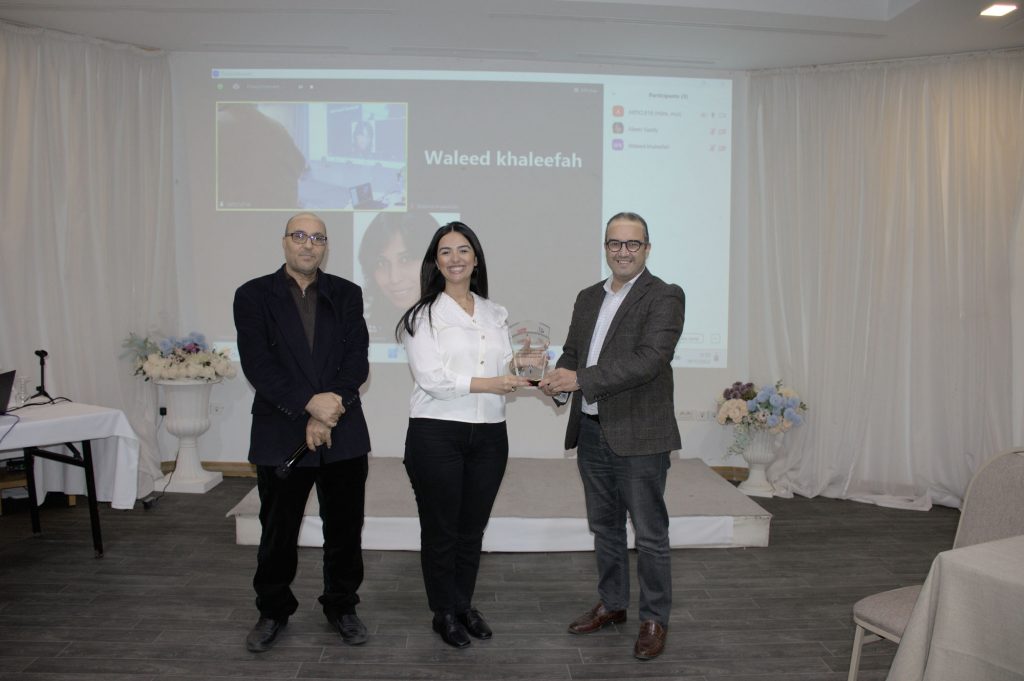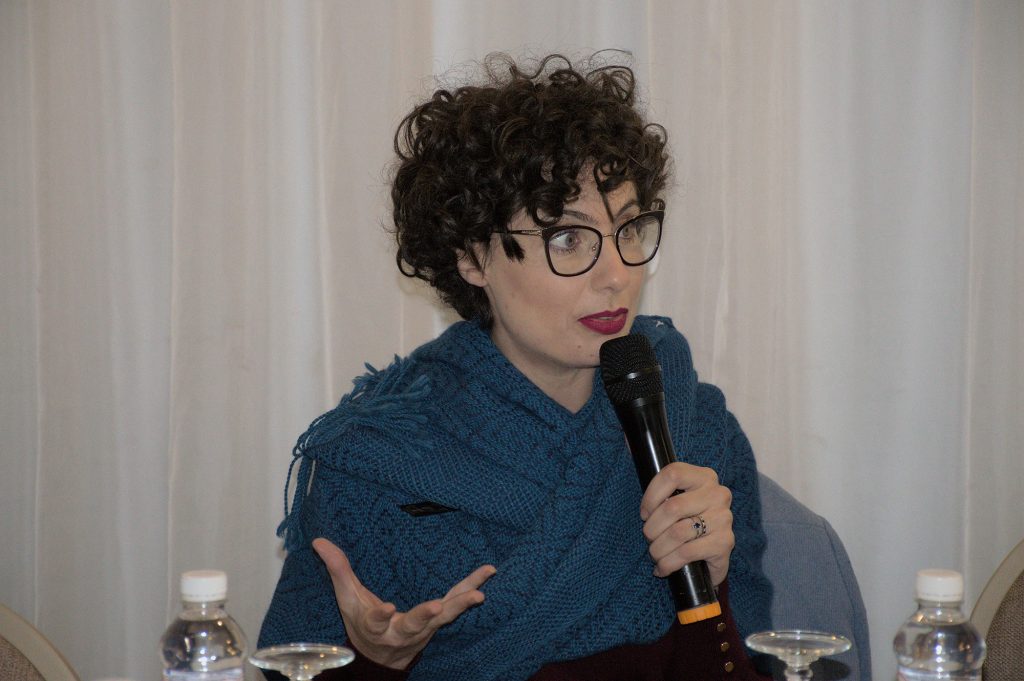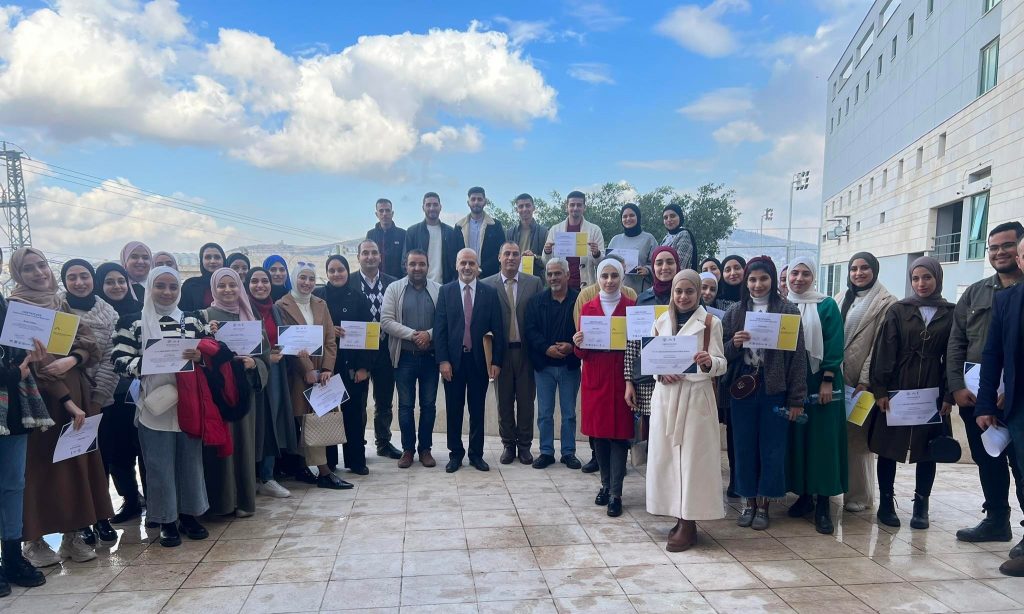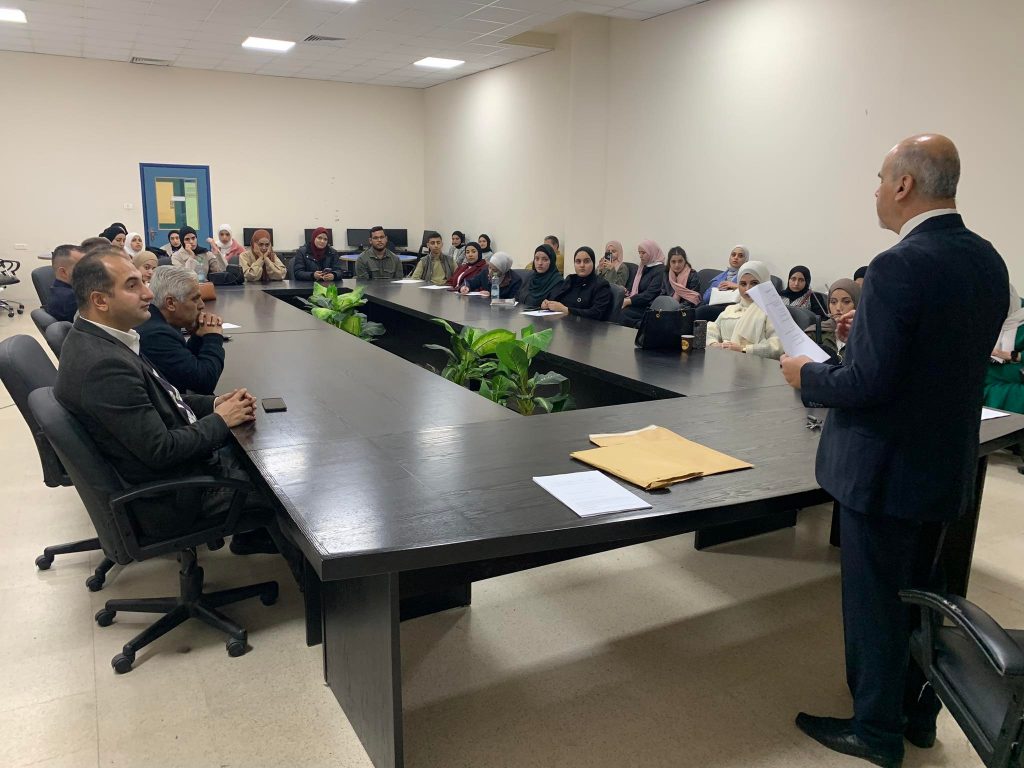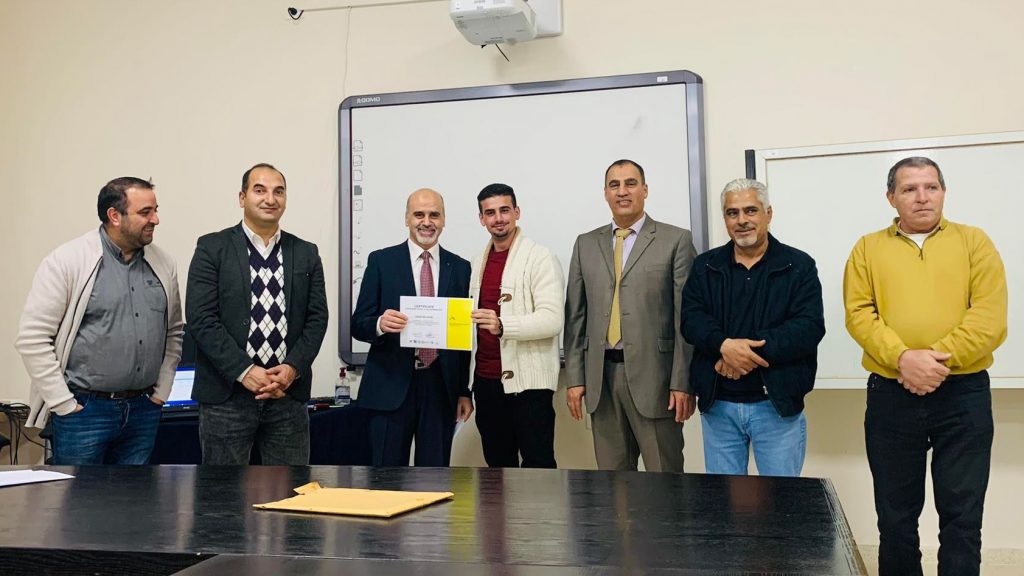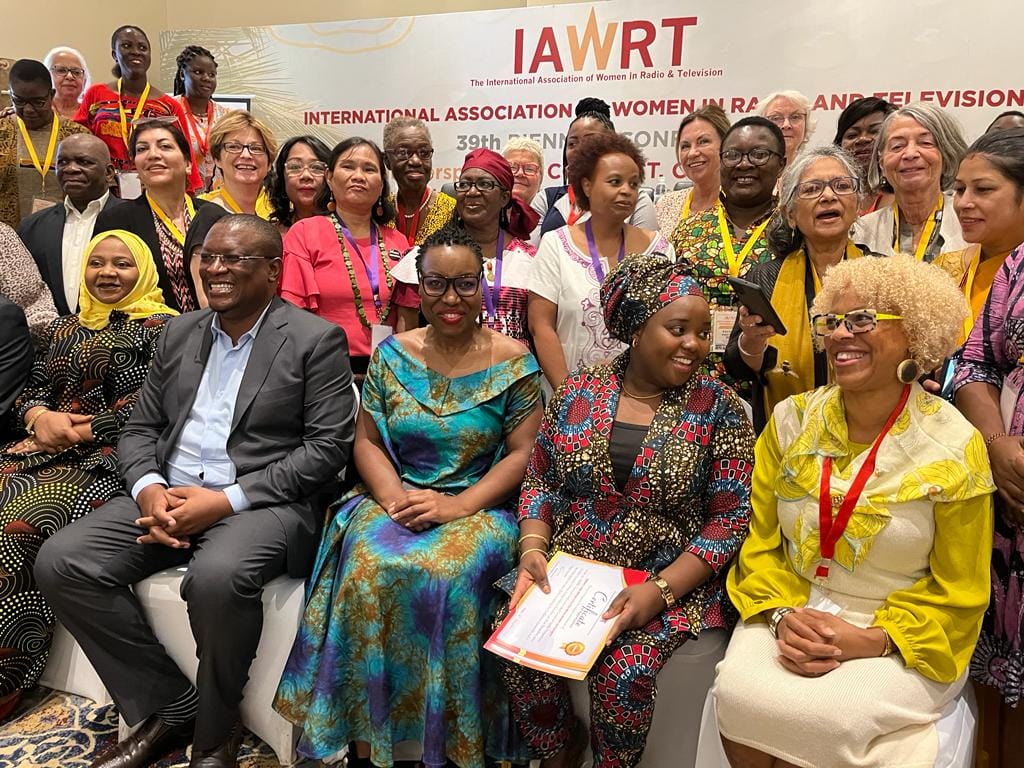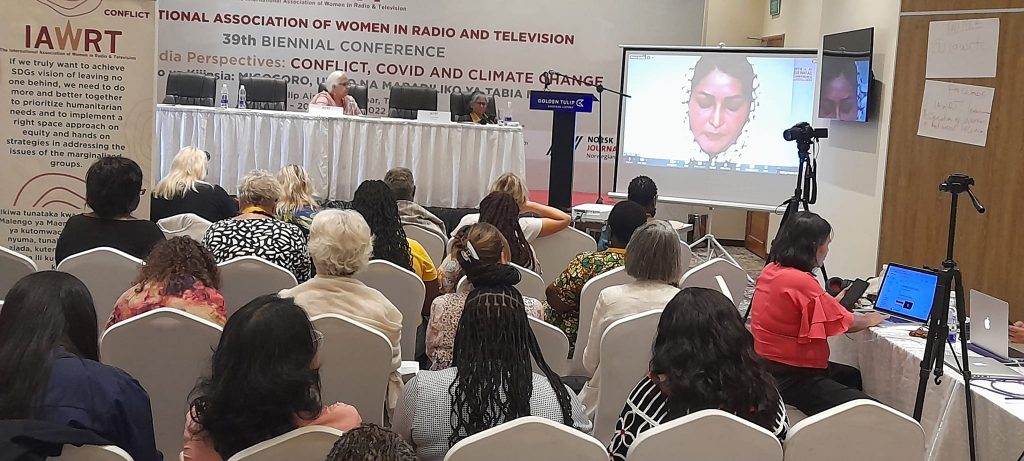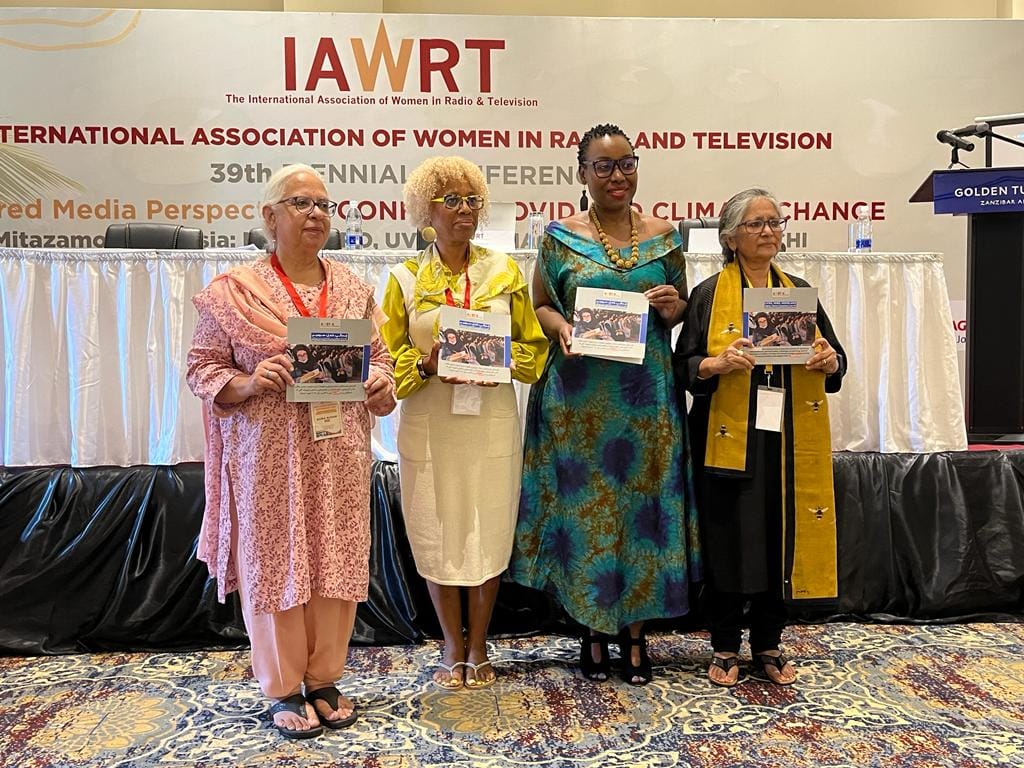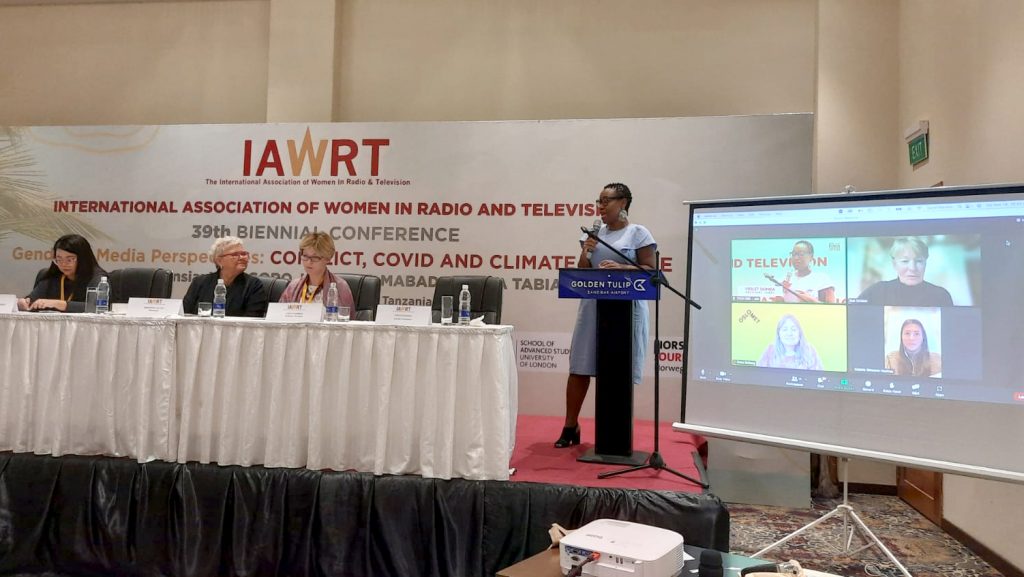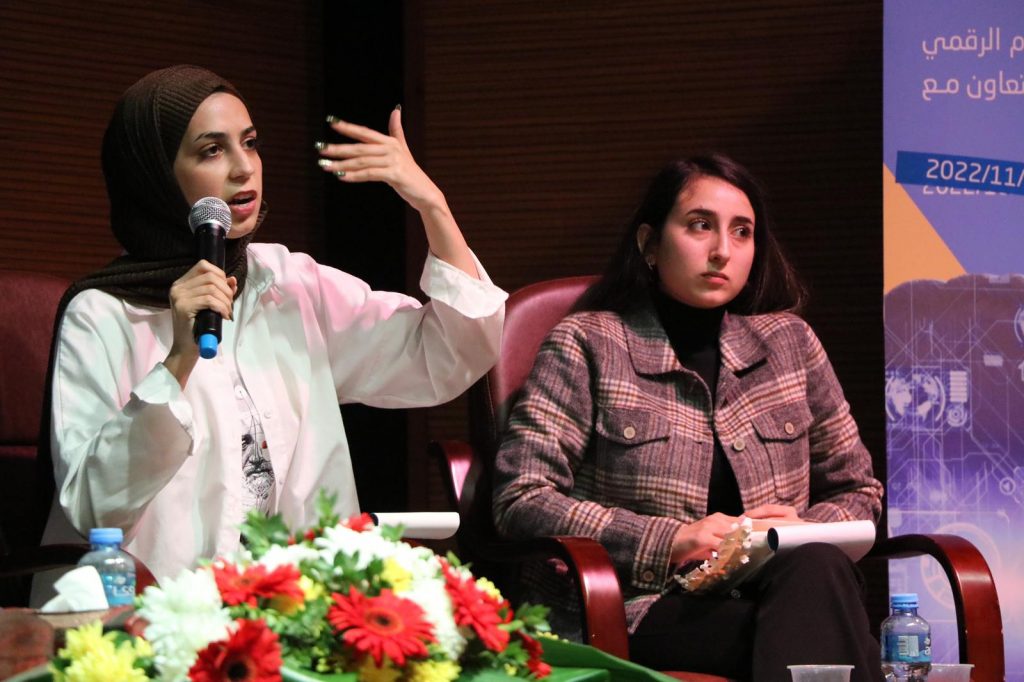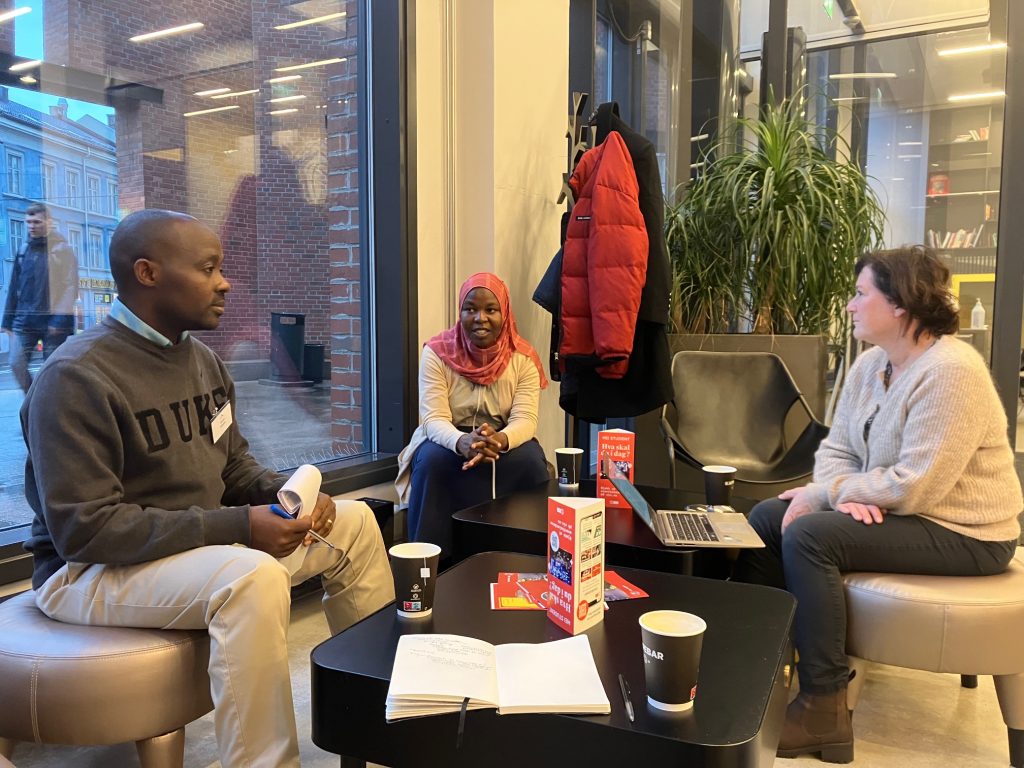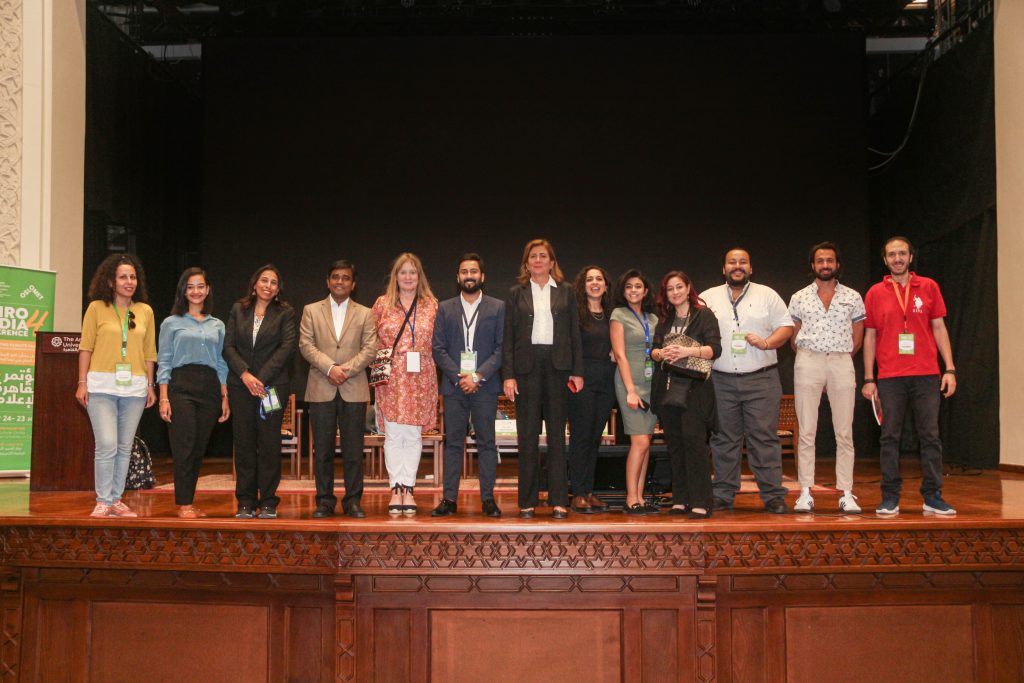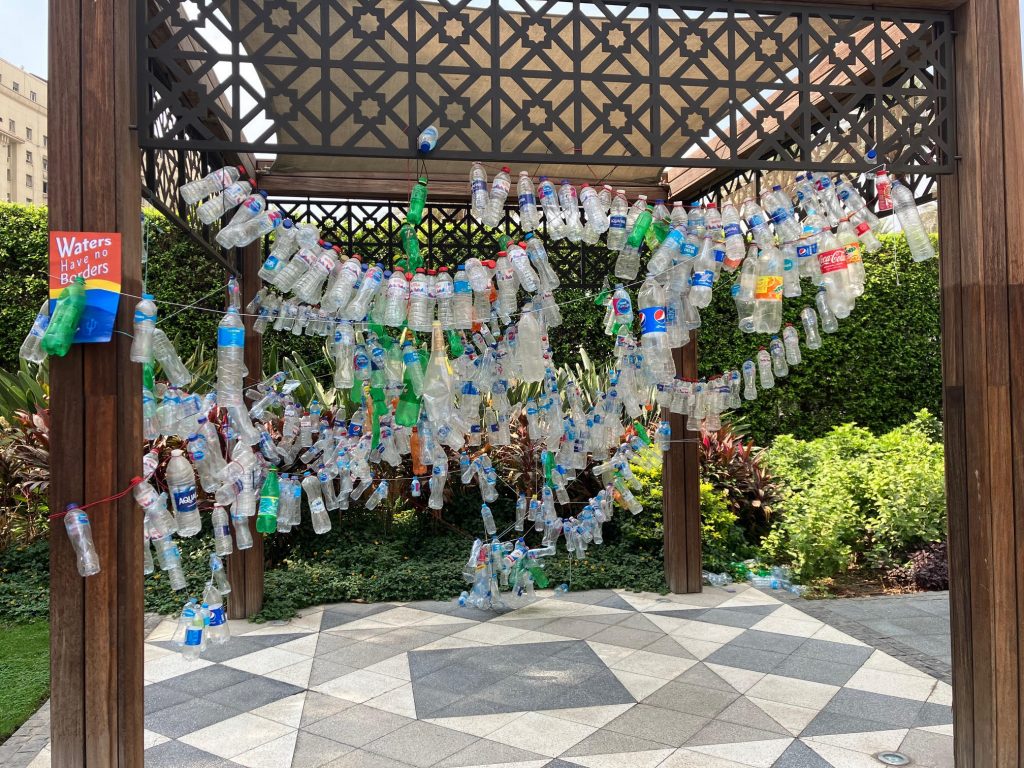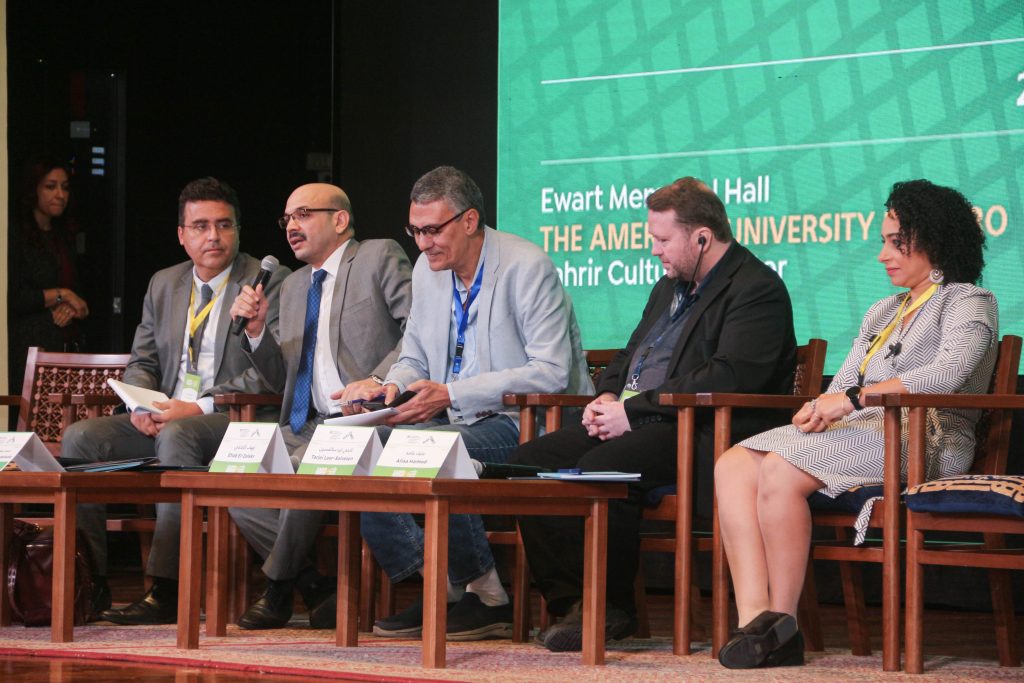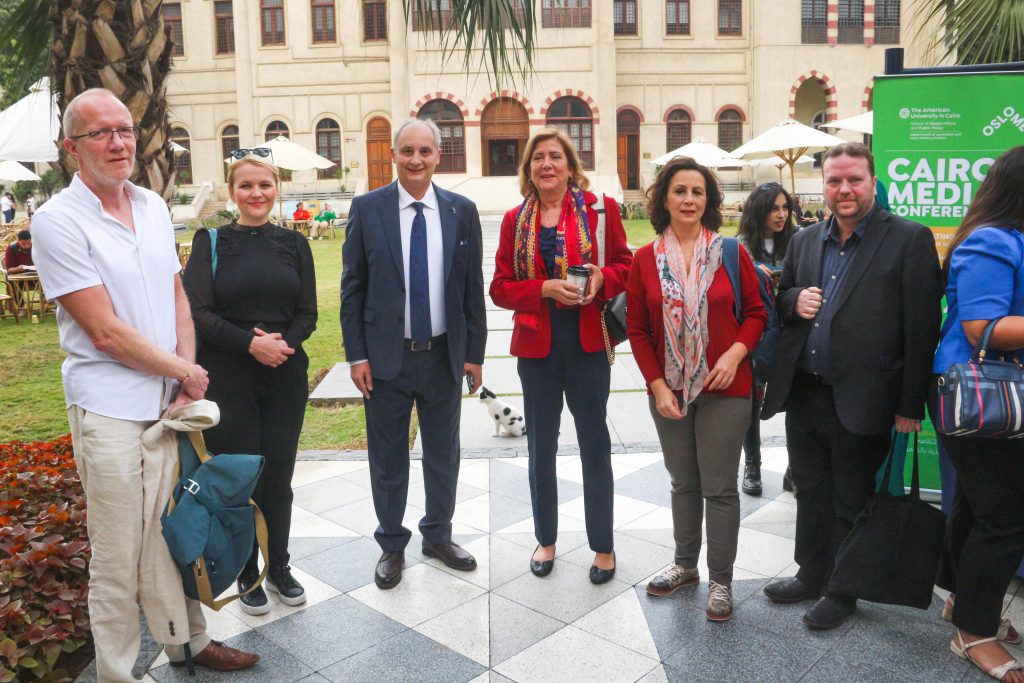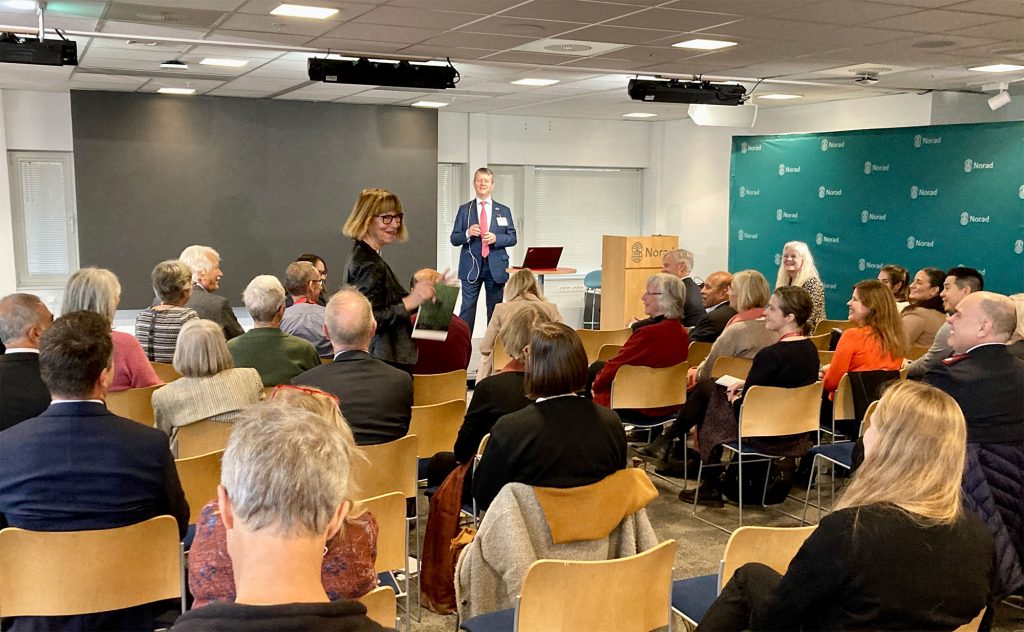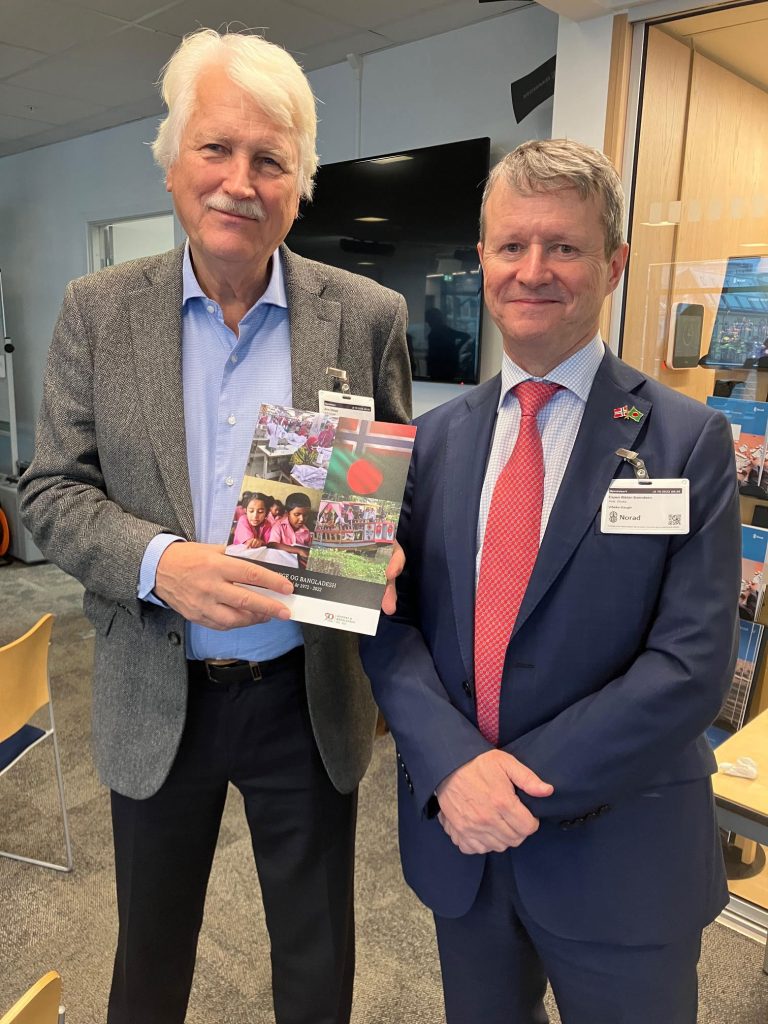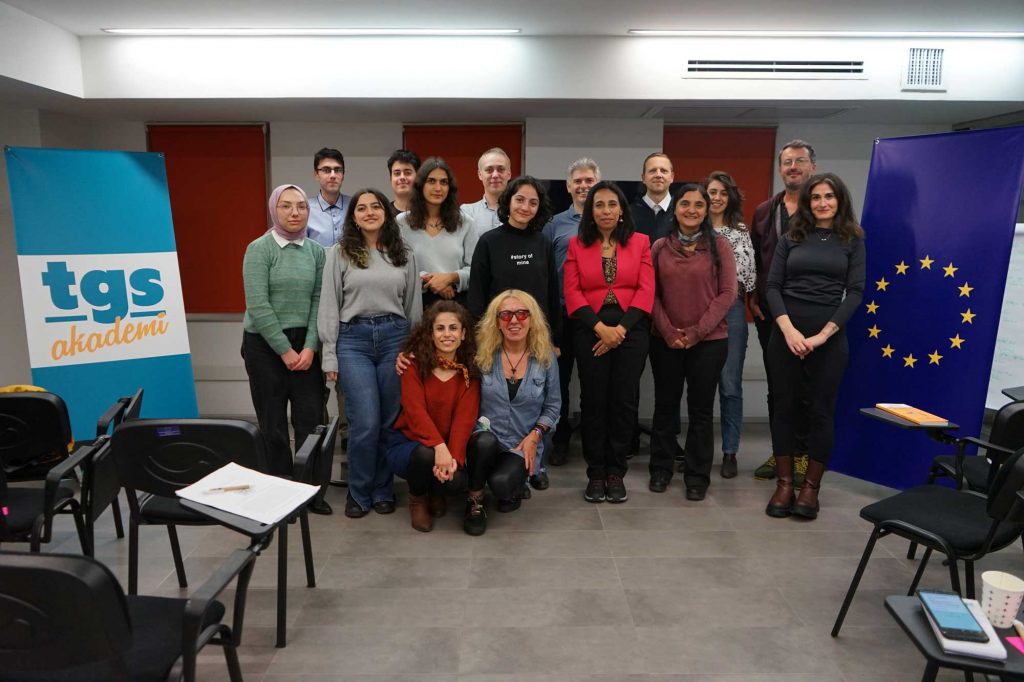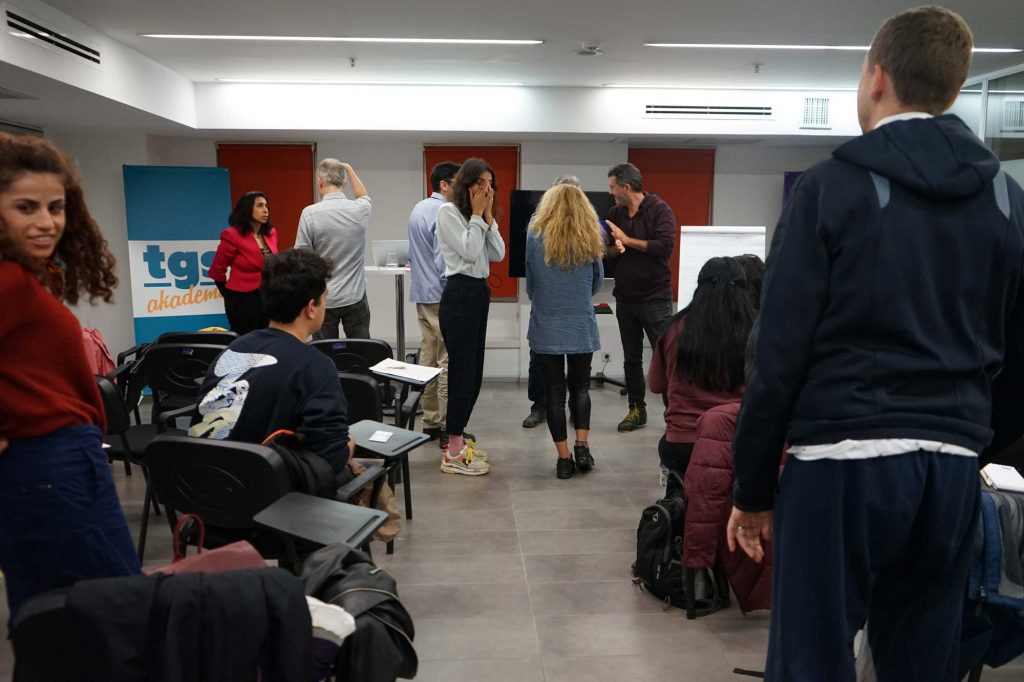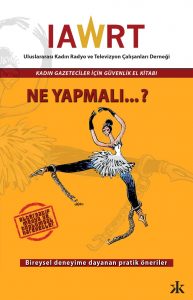Ecology Journalism Project: Meetings with activists and journalists
By Tuğçe Yılmaz
The “Ecology Journalism Project” has been completed with meetings with ecology groups and local press in Mersin, Fındıklı/Rize and Çanakkale in Turkey run by the IPS Communication Foundation/bianet with the support of JMIC.
As part of the project, a climate journalism workshop and an ecology meeting were held and an ecology article series was published.
The “Ecology Journalism Project” meeting was held in three cities in the regions of Mediterranean, Black Sea and Marmara, where there is intense ecological destruction, as well as struggle.
In the three meetings held for the purpose of strengthening the relationship between ecology organizations and national and local press and the relationship between ecology organizations, the difficulties faced by the organizations and their long-term struggles and how the press should report on ecology were discussed.
Mediterranean Region: Mersin
On October 28, 2022, environmental and civil society organizations conveyed their experiences and struggles at the first “Ecology Journalism Project” meeting. Academics from the city’s university and journalists were also at the meeting. Özer Akdemir, who has been reporting on ecological issues for many years, made a presentation about “What ecology reporting is and how it is done?”
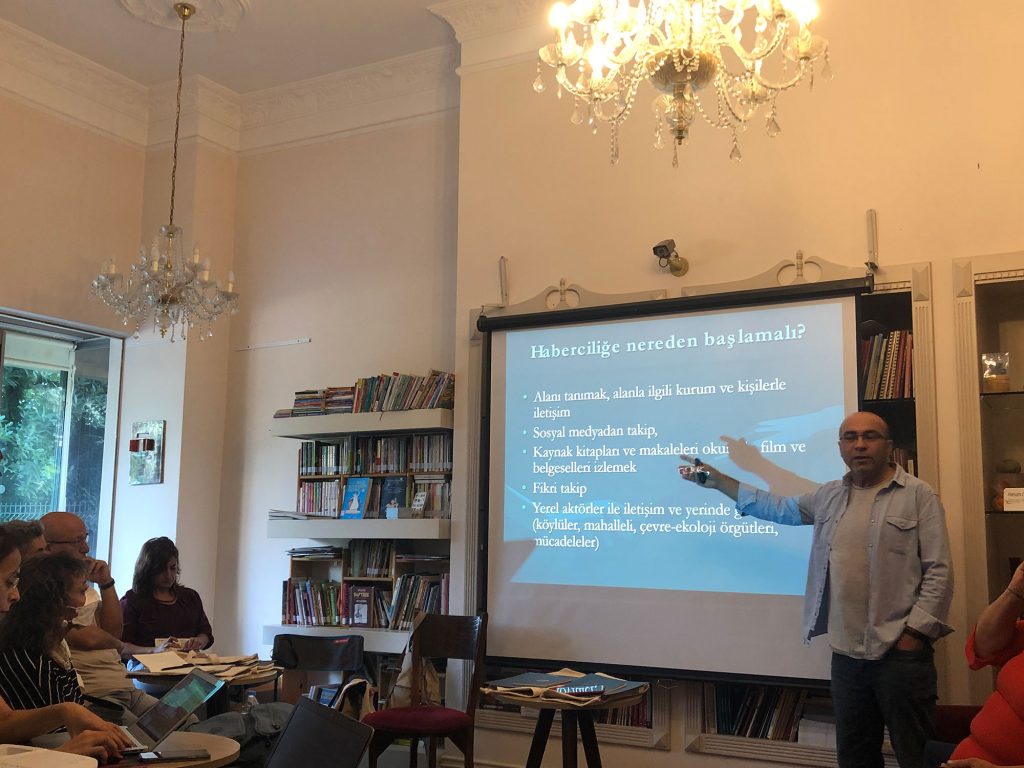
Ecology groups in the Mediterranean Region that have been struggling against the Akkuyu Nuclear Power Plant complained that “their voices are not being heard enough in the national media.” Lawyer Semra Kabasalak from the Eastern Mediterranean Environmental Association said, “We often feel alone in the struggle for the environment, but we want everyone to know that we will continue our struggle until we die.”
Black Sea Region: Rize/Fındıklı
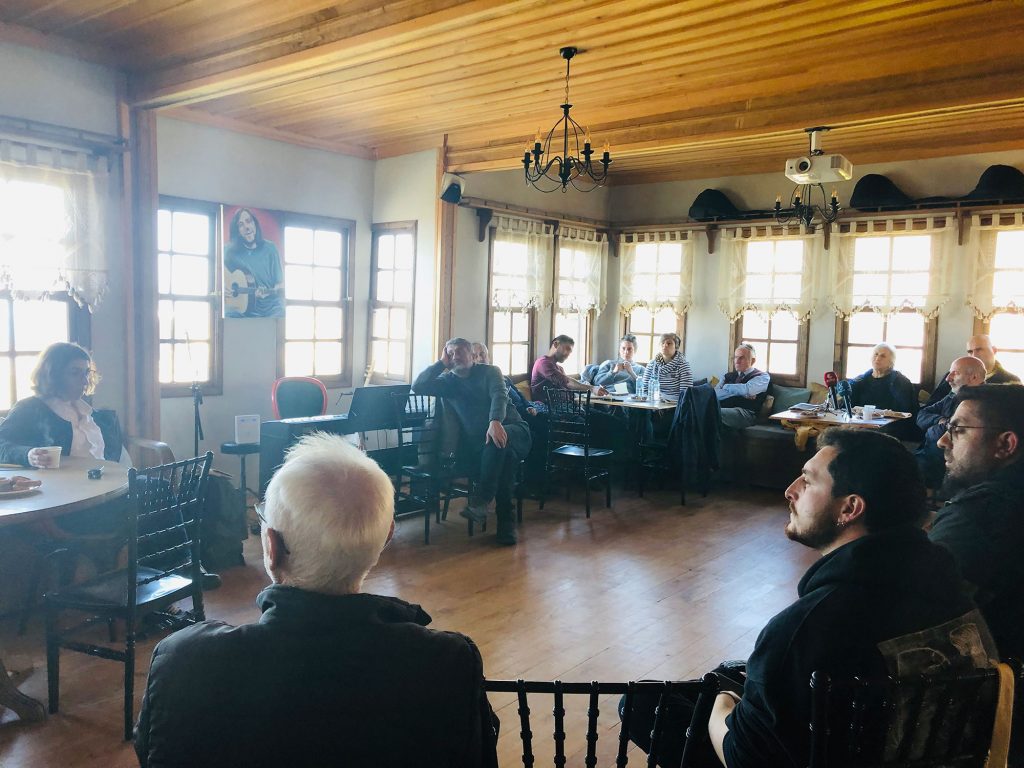
On November 12, ecology and environmental groups and local journalists in the Black Sea Region attended the “Ecology Journalism Project” meeting. At the meeting, journalist Pelin Cengiz made a presentation about the details of ecology journalism and conveyed the difficulties they faced in reaching the national press.
Nur Neşe Karahan from the Green Artvin Association said, “We have been struggling for 30 years in Artvin to protect our living spaces and make the public hear about our struggle. Yes, the situation is very difficult and we were silenced in this period when we need to speak up the most, but we have to make a choice: We will either stop this destruction or we will be annihilated.”
Marmara Region: Çanakkale
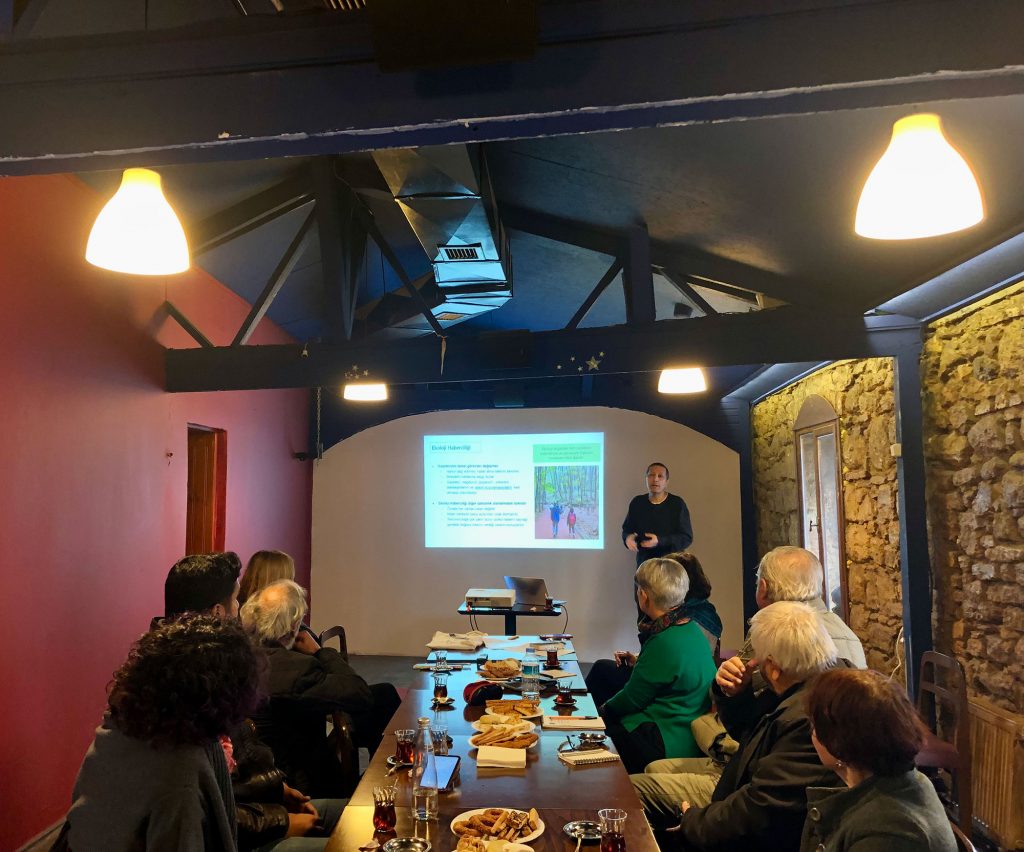
The last meeting of the “Ecology Journalism Project” was held in Çanakkale in Marmara Region. Ecology groups and activists, as well as local journalists, attended the meeting on November 30, 2022. Journalist Özgür Gürbüz gave information about what to consider when reporting on the environment and ecology. Ecology groups that attended the meeting conveyed the problems they faced in communicating with the national press.
Reyhan Erdem from the Kaz Mountain Protection Association said, “We started the struggle in 1997, with the reports that the Çan Thermal Power Plant would be established and set up an environmental platform. In 2007, the second platform was established. However, despite all of our environmental problems, we could not stay together as environmental organizations and environmental committees of mass organizations. I remember the early days when everybody would attend. Now we cannot come together with the same crowd and power.”

